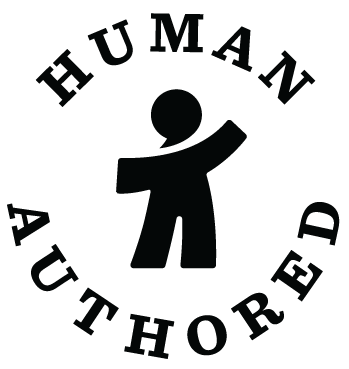About
BARRY BECKHAM is considered one of our most innovative prose writers who has brought a variety of experiences to his work. He is a distinguished novelist and founder of the Beckham Publications Group. He has been a public relations writer for the Chase Manhattan Bank and AT&T, and a tenured English professor at Brown and Hampton Universities.
When Beckham published his first novel, My Main Mother (Walker) in 1969, he had just graduated from Brown University and was writing for the public relations office of Chase Manhattan. President David Rockefeller dubbed him Chase's "first bona fide novelist," and the New York Times Book Review hailed the work as a forerunner of "remarkable things to come."
His second novel, Runner Mack (Morrow, 1972) was selected by the New York Times as one of the year's most noteworthy books. "Beckham is a masterful writer, and his novel is an emblem of contemporary black frustration," wrote the Library Journal reviewer. "This story of an aspiring black baseball player is skillfully written and richly imaginative," declared The New York Times Book Review.
He is also the author of Double Dunk (Holloway House, 1981), the innovative autobiography of Manhattan schoolyard basketball legend Earl (the Goat) Manigault. The HBO biopic, Rebound starring Eric Lasalle and James Earl Jones is based on the Goat's life. Employing novelistic touches of scene setting and dialogue, Beckham sustains the second person point of view throughout the work--about which the Newark Star Ledger said: "Every high school and perhaps junior high school student should read."
Beckham's first novel in two decades, Will You Be Mine? takes on an old theme with a new approach. It's the distinguished novelist's stab at presenting a different kind of love story. "I wanted a black male narrator who is tender and passionate," says Beckham. "At the same time," he adds, "my main character encounters the usual absurdities that come with being a black male in twentieth century America."
Featured Work
Runner Mack
Runner Mack is the compelling story of young Henry Adams' road to self-discovery through his encounter and friendship with Runner Mack, a self-styled black militant.
Rich with metaphor and symbolism, the novel portrays the "grand old game' of baseball as the symbol of America–for whites, a sanctuary where the American dream is a reality, for blacks, a nightmarish world filled with pain, chaos, and frustration.
"In Runner Mack, Barry Beckham plays handball with the heart, a savagely controlled game…Beckham is already a most valuable player,"says John Leonard, The New York Times
Other Works
Press and Media Mentions
- Bibliography of Runner Mack Bell, Bernard W. The Contemporary African American Novel: Its Folk Roots and Modern Literary Branches. Amherst: University of Massachusetts Press, 2004. Complete history of the African American novel and its practitioners. Places Runner Mack in the context of such literary movements as critical realism, modernism, and postmodernism. Klotman, Phyllis Rauch. Another Man Gone: The Black Runner in Contemporary AfroAmerican Literature. Port Washington, N.Y.: Kennikat Press, 1977. Places Runner Mack in the context of the African American literary tradition, growing out of the slave narrative, of the symbolic run toward freedom. Analyzes the novel as a satirical quest. Pinsker, Sanford. “About Runner Mack: An Interview with Barry Beckham.” Black Images 3 (Autumn, 1974): 35 41. Beckham discusses the comic elements in his novel in detail. He explains the influence of Invisible Man and The Education of Henry Adams and the reasons he chose to use baseball as a subje
- One paragraph on second novel, Runner Mack, mentioned in NYTBR--


